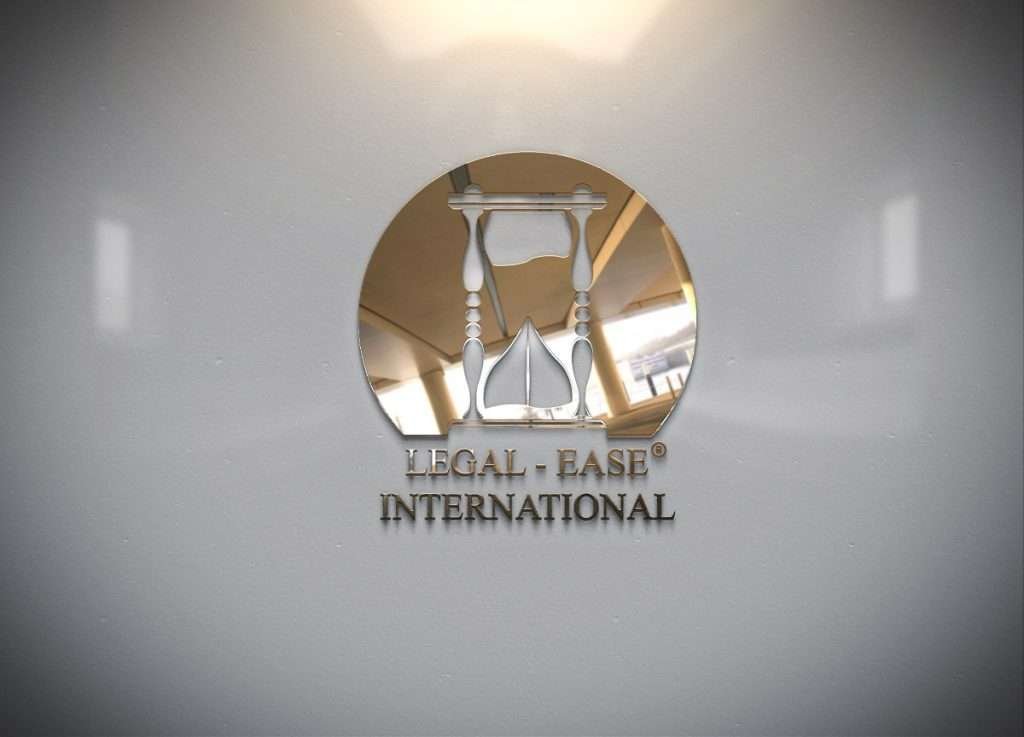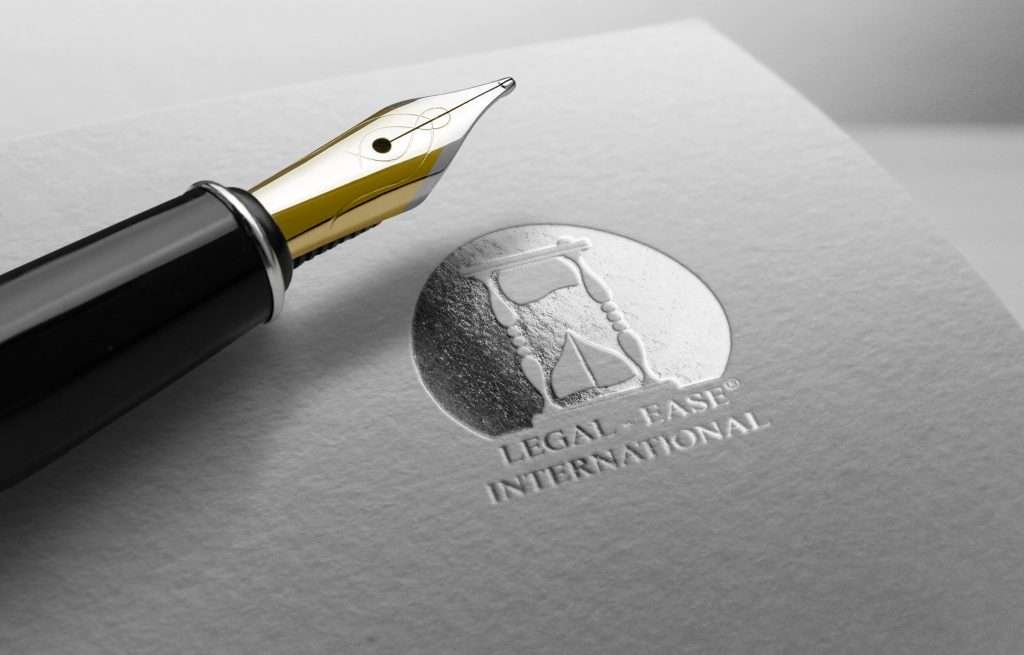By Dena Falken Legal-Ease International, The World Leader in Legal English

TRANSLATION OF LEGAL DOCUMENTS by Dena Falken
What Is A Legal Document?
A legal document is generally a document in which two or more parties enter into an agreement and which is finally confirmed by their signature. The term legal documents have a very broad concept in terms of documents required for disclosure and court.
Often in a particular case, the court will have to decide which types of documents are considered legal documents relevant to the case. When drafting a legal document for the conclusion of a contract, all parties must agree and sign the document. If you do not sign the document, it cannot be considered binding in court.
Many people confirm the “verbal agreement” theory. But you should always remember the old clichés: “The deal is as good as the newspaper is written.” Failure to sign the document is not legal. The legal document is legally binding in the eyes of the court.
What Is A Legal Translation?
Legal translation is a field of translation that translates legal documents and materials from one language into another while respecting their original meaning. This type of translation consists of a procedure that takes into account the legal framework. Among the various documents that can be translated in connection with the law are the following:
- Contracts
- Court records and transcripts of witnesses
- Deposits
- Confidentiality agreements
- Wills and trusts
- Requirements
- Politics
- Legal notice
- License
- Litigation documentation
- Referee translation
- Legal restrictions
- Others
‘Legalese’ is almost like your own language. A legally educated person is needed to understand. The same thing happens with legal translators. You should know the laws of the country, as a literal translation may not accurately reflect the meaning of the original. It is important that court translators understand the legal implications of what is being translated.
Five Mandatory Legal Documents
No two financial situations are exactly alike, and yet almost every adult must have certain legal documents. Five main types of legal documents, together with the reasons why it is important to implement them strategically.
Guardianship Documents
If you have young children or children who are not yet of legal age, it is essential to legally determine who is to raise them and to make important decisions about their health, education and other matters when you can no longer. You may have already wondered who their best caregiver would be in the long run, like a nurse living in another state. You should also write down who will have to take care of your children for a short time, for example right after your death, before your sister receives them. After creating this custody document, keep the most important information in your wallet and write down detailed instructions to help the person or persons to whom you would entrust your children.
Medical Proxy
No one plans to get sick, but people of all ages can get sick too much to make medical and health decisions themselves. The Health Care Power of Attorney document allows you to choose who you will be your representative if you are unable to communicate or make your own medical decisions. You obviously need this person to be responsible, someone who will respect your wishes as best they can.
Do not confuse this document with a will (see you later). A will for life is valid only if the person is permanently unconscious, terminally ill, or severely incapable for another similar reason, as provided by the laws of his or her state. If you are temporarily unconscious or unable to communicate, the person you designate in your area will not be able to make care decisions for you. You need a medical certificate to do this.
Financial Power of Attorney
If you cannot manage your own financial needs, for example, because you have been hospitalized, a financial power of attorney allows your representative to make financial and legal decisions for you. It can access your bank accounts, pay bills, and much more. After carefully choosing the right person, you must complete and sign this document again. This document is important for everyone, especially if you have children or care for others.
Think carefully about when you want this document to go into effect. You may always want your spouse to take care of your financial and legal affairs; if so, mark this power of attorney as “permanent” so that it does not expire if you become unfit. On the other hand, you can create a document that will only take effect if you become unacceptable.
Living Will
The Living Will is a preliminary guideline that allows people to share their health care desires as they enter the final stages of their lives. As a result, doctors and hospitals know what to do if someone can no longer communicate their wishes. This document also helps family members clarify exactly what a loved one’s end-of-life wishes are. Without this document, doctors and family members are left in a precarious situation, where they have to second-guess their preferences. When people disagree, the situation can lead to a dispute, even if it becomes a matter for the judge to decide.
Many people crave palliative care, which means that when they are in pain, doctors can take steps to reduce and manage symptoms and suffering. The big question when making a living will is usually whether you want to take extraordinary steps or not. For example, if doctors determine that you need CPR; do you want this procedure performed?
Last Wish And Testament
Finally, don’t forget to write a will stating who should inherit your property, including your money, your house/other property, furniture, jewelry, and any other property or property. People who inherit are considered your customers and you need to be very specific about what someone gets. You will also need to think carefully about your choice of executor; This person will have to carry out the details of your will. You may choose to hire a lawyer or a bank to perform these tasks for a fee. If you choose a relative or friend, explain whether they will be compensated and, if so, how. Your will must be witnessed and the details will vary from state to state. Keep your will in a safe place, but easily accessible for anyone who needs a document soon after your death.
Translation Of Legal Documents
The translation is a very important aspect of modern legal work. This is more common among lawyers as international cases and documents are more widespread. The world is getting smaller and communication is faster. This allows more and more companies to collaborate and use more documentation in all aspects of human communication. From translating passport documents to the complex job of translating documents in an international legal dispute, legal translations are much more in demand than ever before.
In legal documents, each word has a much greater meaning than in any other context. For example, these documents are often discussed in lawsuits, and because of the severity of such a thing, documentation of the dispute is very important. That could decide the case.
If this document is in a language other than that used by lawyers, it is essential that a highly qualified court translator be available to translate the legal documents. There is no room for error, which is why legal translation is a highly specialized area. We only need to take into account the nature of some recent major international cases in order to understand the importance of a good translation of legal documents.
In principle, it is essential that all participants be clarified on legal issues related to such documents. This means that everyone who has a role in any legal matter has the opportunity to understand it and that language is not an obstacle to that understanding. This means that the best legal translator is involved in translating legal documents so that the case can be resolved quickly and save everyone money and time.
Some of the documents that can be included in legal translations include:
- Translations of contracts, where important contracts, both between individuals and between companies, are accurately translated to all parties. If this is not done correctly, the consequences are obvious.
- Confidentiality agreements. People who trade with each other often take advantage of this or employ freelancers. These are documents of great importance, especially when it comes to confidential information. Therefore, companies primarily want to ensure that their legal documents on this topic are prepared and translated by experts.
- Government documents and information. They can be all kinds of important and legal documents that link politics with governments, national and local. It is particularly important that they are properly translated, as they are part of public service contracts and have a direct impact on the lives of communities, both locally and nationally.
Legal documents are vital and often require the person who uses them to read them very carefully. Legal professionals can be hired to monitor or monitor them, and this process cannot occur if there is a language barrier. For this reason, the translation of legal documents is undoubtedly one of the most important tasks of today’s legal industry.
Legal document translation includes document types such as contracts, corporate or government motions, court transcripts, confidential agreements, laws, witness statements, ordinances, wills, birth certificates, bank deposits, immigration documents, and notarial documents.
Useful tips for translating legal documents into other languages
- Make sure that the original document is clearly structured and organized and that the translated document is completed in the same way.
- If necessary, seek the advice of a lawyer at the target group. Contacting experts in the field will be invaluable, especially in the case of witness statements and government documents and conditions.
- You must be familiar with the terminology and rules of your country, which are specifically stated in the document.
- Before you start translating, you need to know how and where the translation will be used. This affects the way you do your work and gives you a more sophisticated approach to translation.
- The translation of legal documents must always be done accurately and must follow a specific style of writing the target language. The slightest mistake can lead to complicated or reverse litigation, which makes it different from any other type of translation work.
If interested in Learning Legal English for translations, register for one of our Legal -Ease International Seminars in Legal English
Legal-Ease International The World Leader in Legal English


